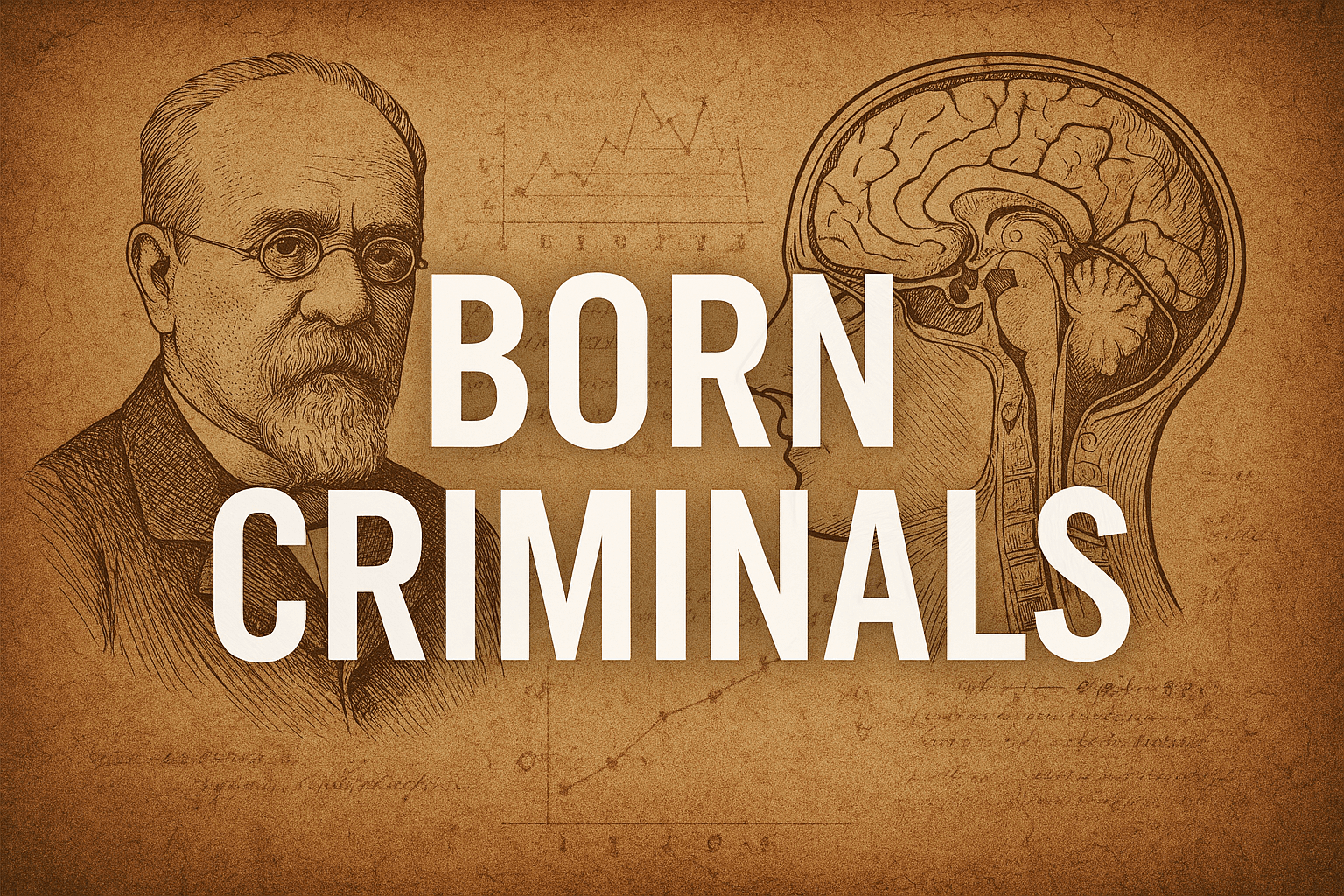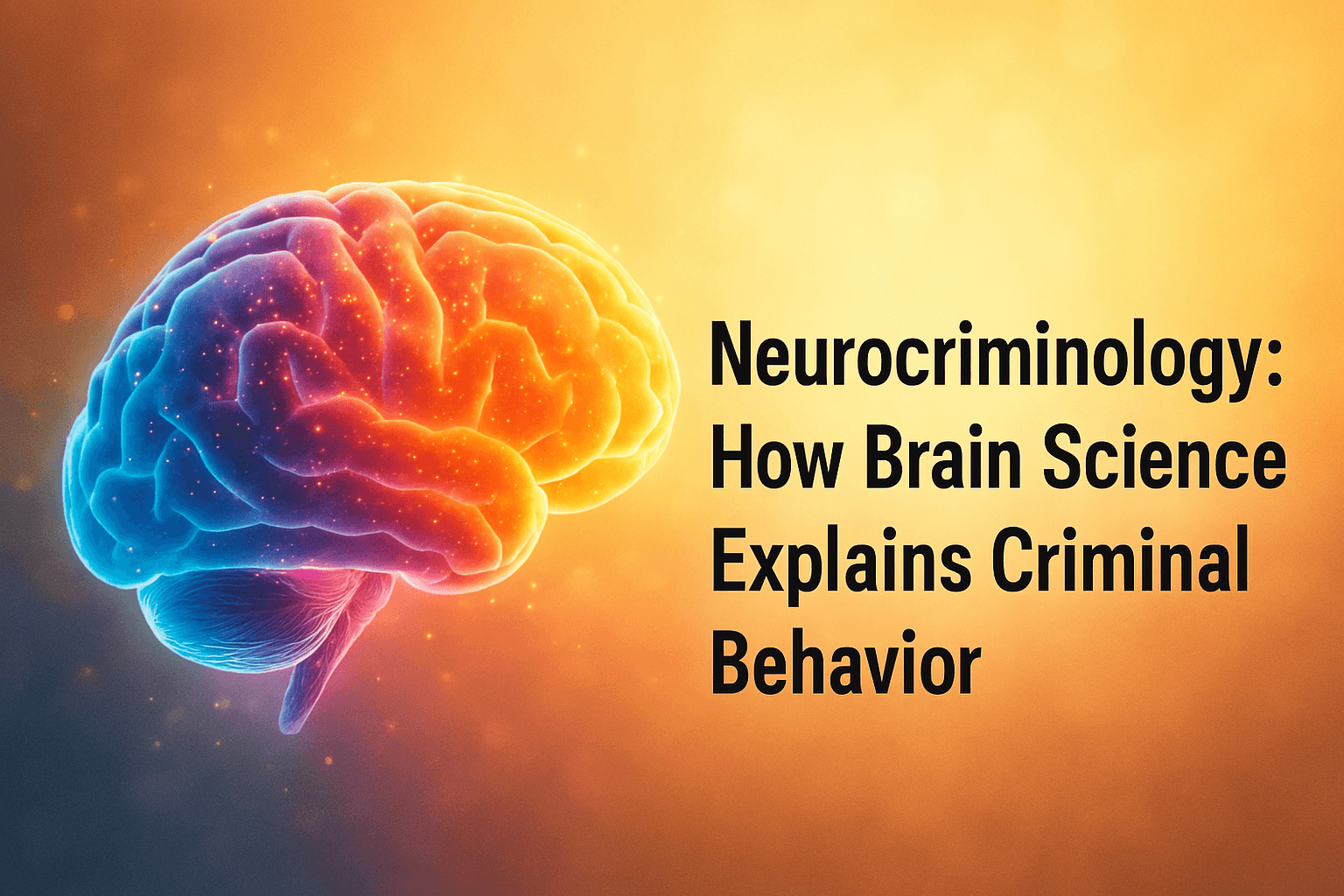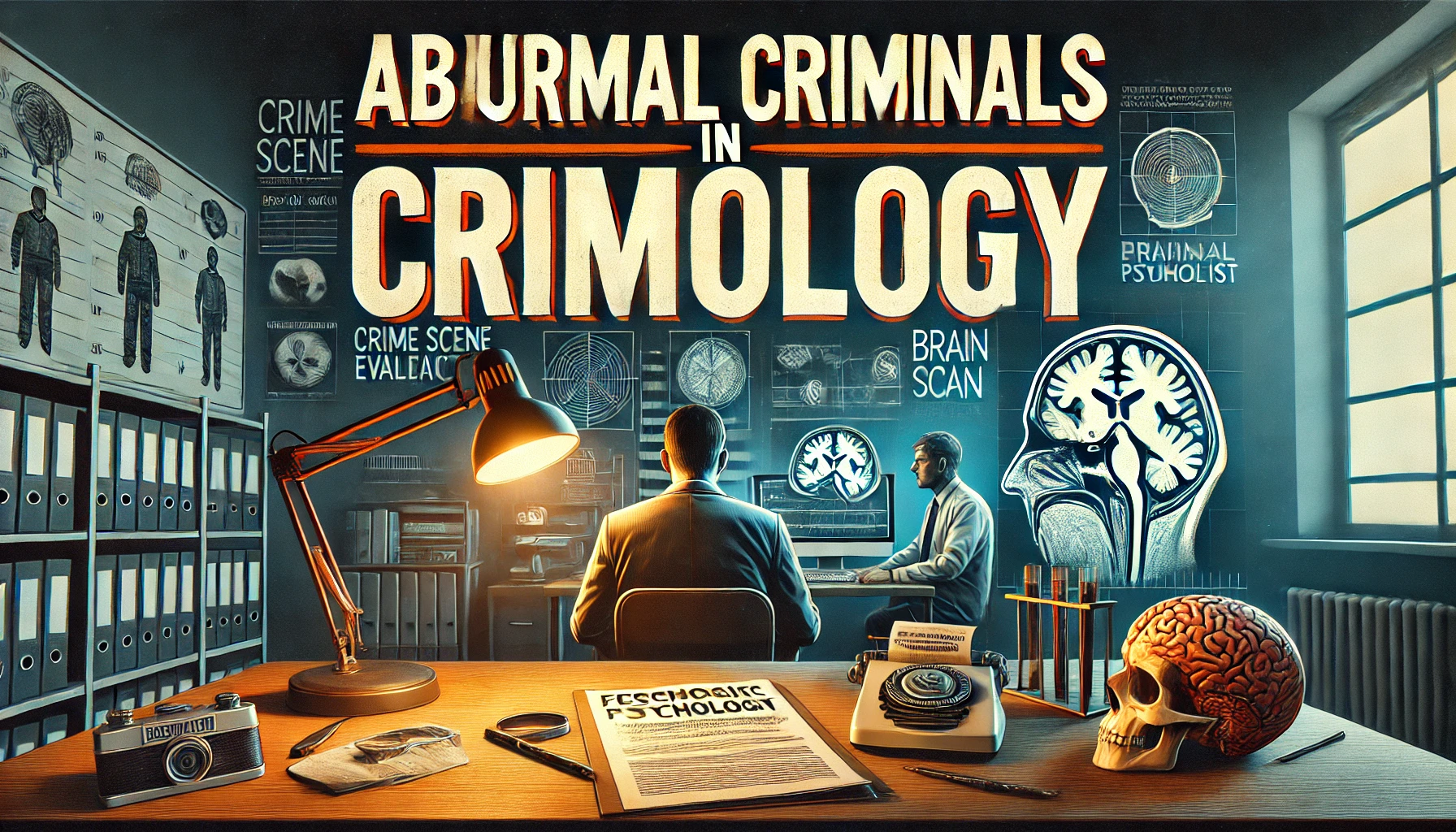Born Criminals: Exploring the Origins, Science, and Controversy Behind Criminal Behavior
Introduction The term “born criminals” refers to individuals who are presumed to possess innate tendencies toward criminal behavior, attributed to biological or hereditary factors. This idea has generated intense debate in criminological thought, with its roots stretching back to the 19th century. Often associated with the Italian criminologist Cesare Lombroso, the theory of born criminals … Read more



